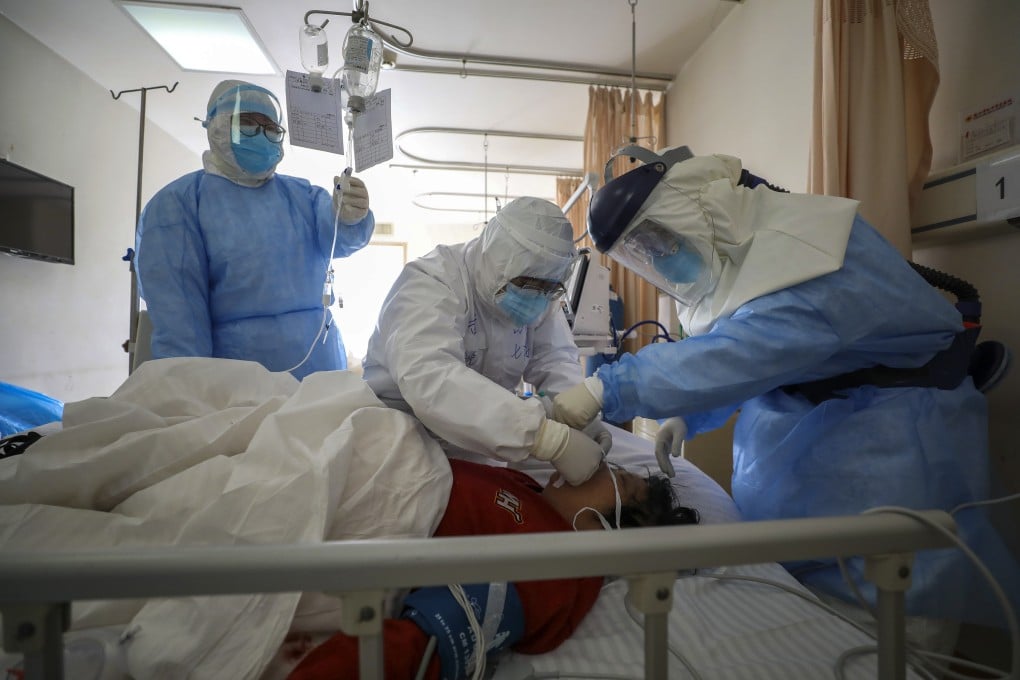Advertisement
Coronavirus: China, Asean foreign ministers to hold emergency meeting
- It will be the first major multilateral meeting seeking to coordinate a response to a crisis that public health experts say could drag on for months
- Analysts say it could serve as a venue to ‘mend ties and move forward’ after some member states earned Beijing’s displeasure with virus travel bans
Reading Time:3 minutes
Why you can trust SCMP

China’s Foreign Minister Wang Yi will join an emergency meeting of his Asean counterparts on Thursday to discuss the measures taken by Beijing to contain the coronavirus outbreak, officials from the 10-nation bloc have said.
It will be the first major multilateral meeting seeking to coordinate a response to a crisis that public health experts say could drag on for months.
The scheduled meeting follows a concerted effort in recent days by leading Chinese diplomats to fend off criticism that the central government had concealed information and was slow to react to the public health emergency.
Advertisement
Most of the more than 70,000 infections and 1,770 deaths recorded worldwide have occurred in China.
Asean officials and Beijing’s foreign ministry confirmed on Monday that the emergency meeting would take place, following reports last week that it was being planned.
Advertisement
Advertisement
Select Voice
Select Speed
1.00x